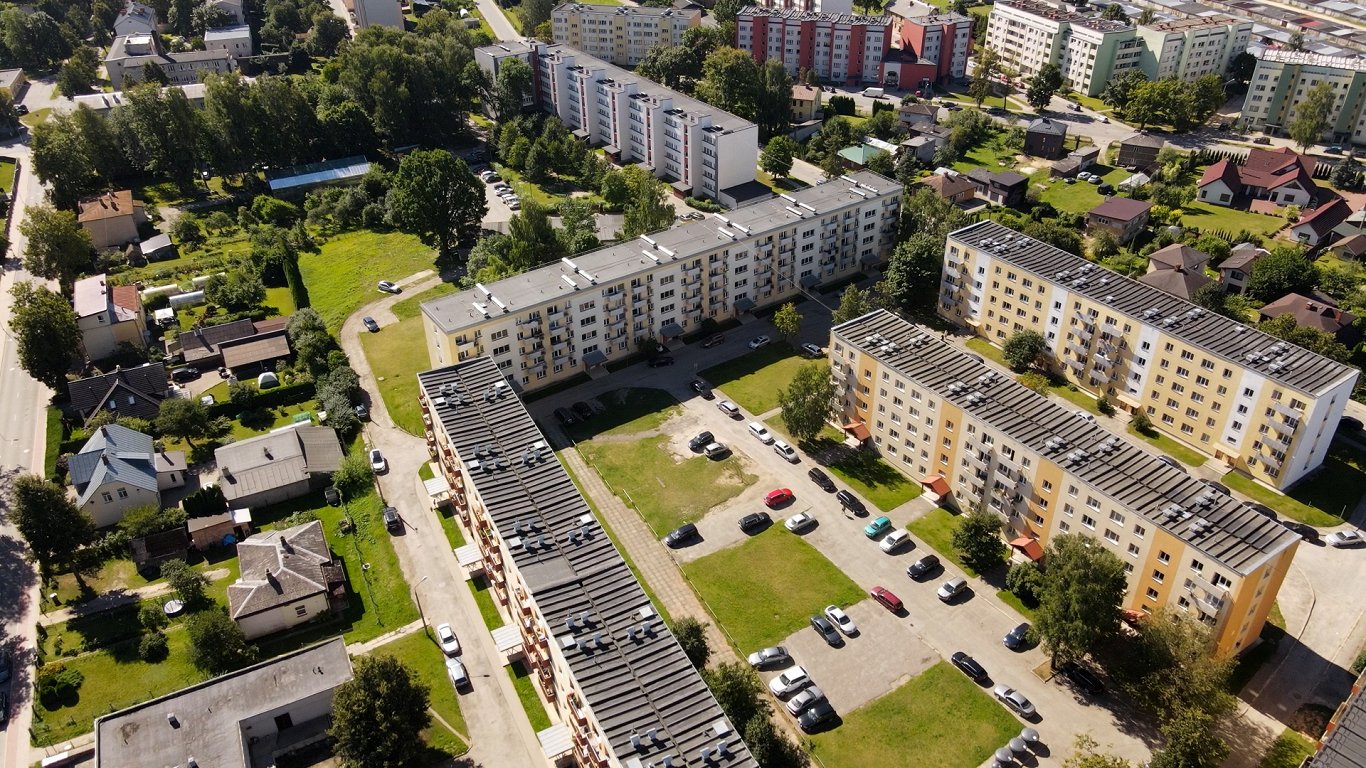Last year, the Economics Ministry developed an aid program for the construction of 700 new rental apartments in regions outside the big cities. The apartments are designed for households that are unable to purchase apartments on market terms but do not qualify for the disadvantaged status.
Nearly €43 million from the European Recovery Fund is dedicated to the construction of residential rental houses in municipalities outside Rīga and the vicinity. It would be a small but crucial step in the market for affordable rental apartments, but due to high inflation the program has undergone revisions, Mārtiņš Auders, director of the Housing Policy Department of the Ministry of Economics, said.
“We already developed the rules last year and launched the project, but unfortunately it coincided with a time when Russia expanded its invasion of Ukraine and with the rapidly rising energy prices. The costs and performance indicators of this program were quite unrealistic for today's situation to construct 700 apartments in the regions. The changes had to be brought into line with the European Commission and there is an agreement that 467 apartments can be constructed for this amount, which of course is very small number for Latvia as a whole,” Auders said.
The deadlines for the implementation of the low-rent apartment program are not planned to be postponed – the construction of these apartments should be finished by mid-2026. 15 property developers in Valmiera, Alūksne, Liepāja, Ventspils, and Ogre have been consulted on the project.
To address housing shortages in the regions, the Ministry of Environmental Protection and Regional Development (VARAM) is preparing rules for the creation of a housing fund.
“The intention is to set up an institution that could make financial commitments, borrow in the markets, work in cooperation with the private sector, and be the main partner for municipalities, but to be outside the accounts of the State budget,” said Raivis Bremšmits, director of the VARAM Department for Sustainable Development Planning.
It is planned to start discussions with the Ministry of Economics, the Ministry of Finance, and local authorities in the summer. But those responsible for the sector agree that housing policy is too fragmented. This problem requires a political discussion, said the head of the Saeima Housing Affairs Sub-Committee, Edgars Zelderis of the Progressives party faction.






























